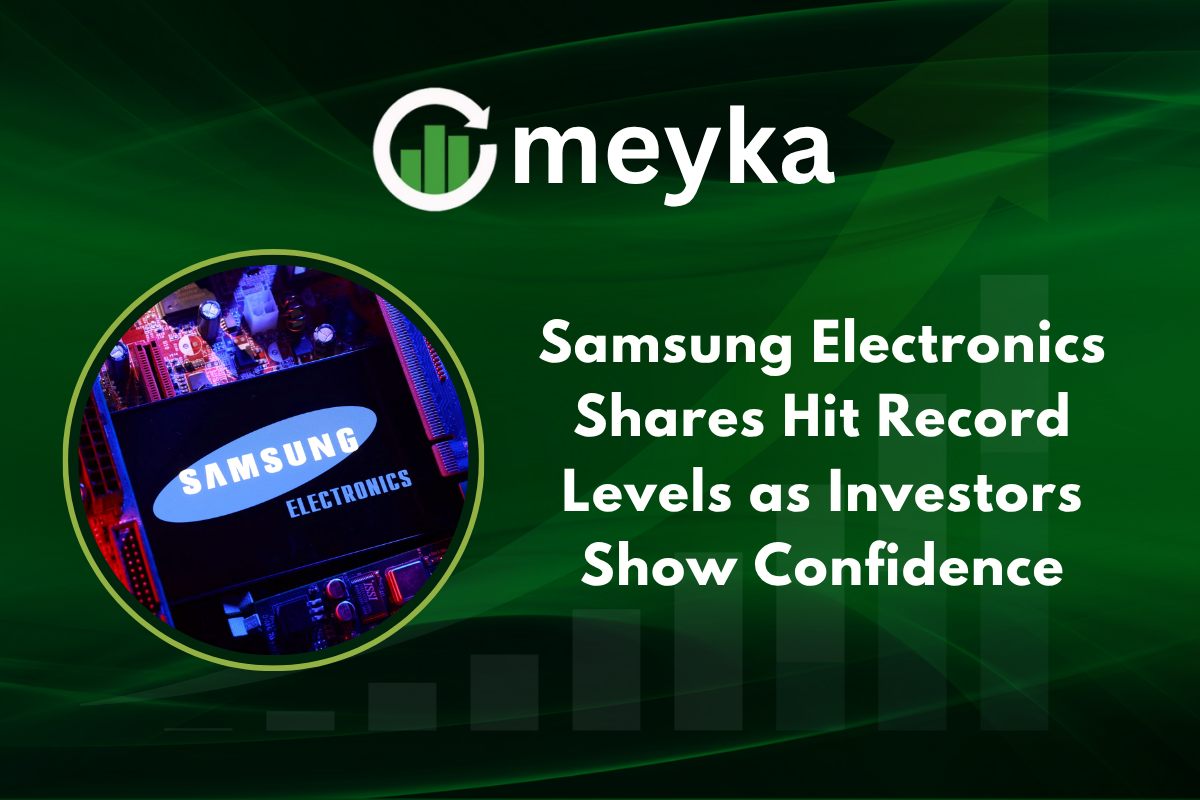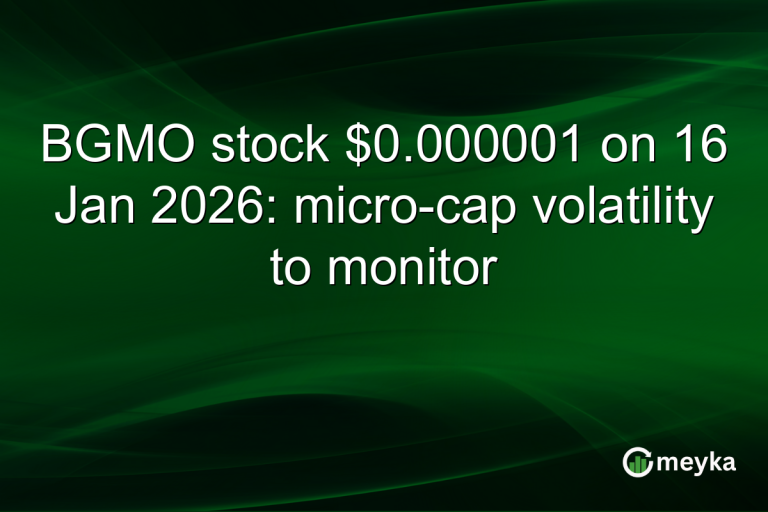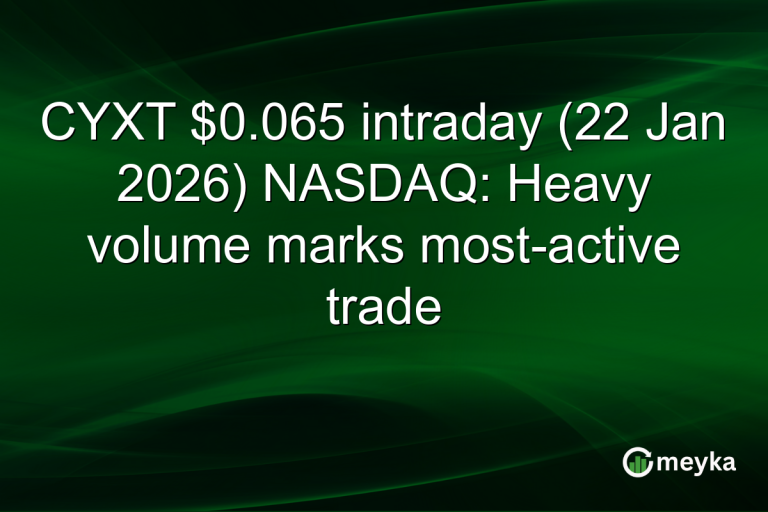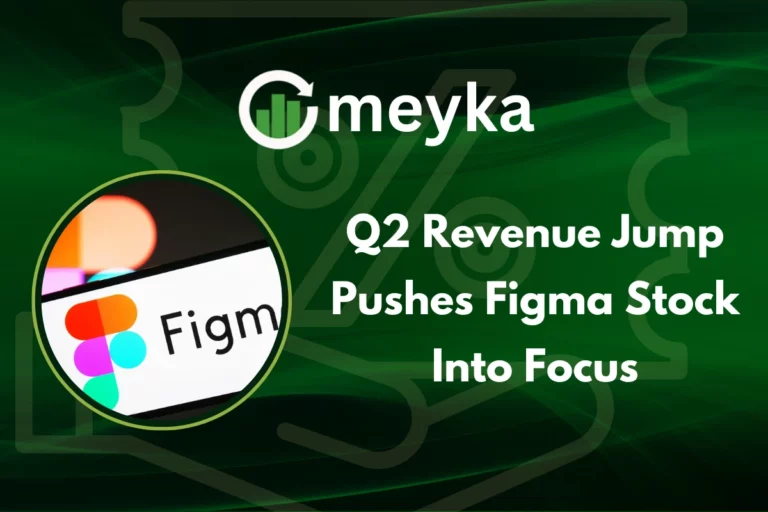Samsung Electronics Shares Hit Record Levels as Investors Show Confidence
The Samsung Electronics rally grabbed headlines this week as the stock hit fresh highs on strong chip demand and AI optimism. Shares climbed to a session peak of 96,900 won, topping the prior record set in January 2021.
Traders noted that memory-chip prices and AI-related orders are lifting sentiment across Asia’s markets. But what’s behind the jump, and can it last? Below, we break down the drivers, the risks, and what analysts and investors are saying.
Samsung Electronics Hits a New Record: Market Reaction
Shares of Samsung Electronics jumped as much as 2% in the session and were trading around 95,900 won at one point, after touching the session high of 96,900 won, a new record above the January 11, 20,21, level of 96,800 won.
The stock has surged roughly 80% so far this year, a powerful run that helped push South Korea’s market tone higher. Investors pointed to improving chip fundamentals and upbeat earnings previews as the main catalysts.
Why did the stock spike so quickly? A mix of better chip prices, big tech demand, and repositioning by funds looking for AI exposure sent flows into large-cap chip names like Samsung.
Samsung Electronics: Strong Chip Demand and AI Integration Drive Growth
Memory-chip prices are firming after a long slump. That matters because Samsung is a global leader in DRAM and NAND memory. Recent market reports show server, cloud, and AI data-center demand is rebuilding inventories and lifting margins across the industry.
This helped investors price in better third-quarter results and future revenue from AI hardware.
AI Stock research now flags chipmakers as central to the AI boom. Institutional flows into chip-related names have risen as funds chase companies supplying AI data centers.
Samsung Electronics and the AI Chip Race
Samsung is not only a memory supplier; it is expanding its foundry and advanced packaging efforts to serve AI workloads. Market commentary notes Samsung’s push into AI-capable memory, and partnerships with large AI users have strengthened the bullish case.
That positioning helps explain why investors are willing to pay up for the shares today.
Is Samsung ready to compete with foundry leaders on AI chips? Samsung’s scale, R&D and foundry deals give it a credible path. Execution and timing matter; investors watch contract wins and margin improvement closely.
Analysts See More Upside for Samsung Electronics
Broker notes and sell-side research have grown more positive. Several firms raised their Samsung price targets in recent weeks as earnings estimates were revised up on stronger memory pricing.
For example, some broker upgrades cited higher DRAM and HBM demand and gave materially higher targets during the rally.
AI Stock Analysis tools used by some quant desks also show improving forward earnings revisions, which supports the narrative that fundamentals are catching up with price. Still, analysts caution that market moves can be volatile.
Samsung Electronics: Global Market Context
The rally in Samsung helped lift the KOSPI and bled into broader Asian sentiment as investors weighed potential Fed policy easing and improved tech earnings. US and Asian tech strength has reinforced demand for chip makers globally, making Samsung’s move both a company story and a regional market signal.
AI Stock trackers have recorded higher institutional flows into Asian semiconductors over the last month.
What Investors Are Saying About Samsung’s Future
Many long-term investors see Samsung’s rise as proof of a structural recovery in memory and an early payoff from AI-related demand. Short-term traders note profit-taking risks, but longer-term holders point to Samsung’s broad product mix, from phones to chips and foundry services, as a stabilizer in a cyclical industry.
Challenges Ahead: Competition and Market Uncertainty
No bullish story is without risk. Samsung faces fierce competition from other memory makers and foundry rivals. Memory pricing cycles can reverse quickly. Geopolitical trade rules and export controls also pose downside risk for cross-border chip sales.
Market watchers say execution on foundry deals and consistent margin improvement will determine whether the rally becomes a longer-term uptrend.
Could those risks derail the rally? Yes. A sudden re-softening in memory prices, supply shocks, or a chill in AI spending could pull the stock back. Balanced portfolios and clear stop-loss rules are common advice.
Conclusion: Confidence in Samsung Electronics Remains Strong
The Samsung Electronics run to record levels reflects growing investor faith in chip demand, AI spending, and the firm’s strategic positioning. While risks remain, the market today is rewarding companies that can credibly serve the AI and data-center build-out.
For investors, the path forward will be about watching execution, memory pricing trends, and how quickly foundry and AI-related revenue ramps. If momentum and macro cues hold, Samsung may not just keep its gains; it could set new records.
FAQ’S
Samsung Electronics shares surged due to growing investor confidence in the recovery of the semiconductor market and rising demand for AI chips worldwide.
AI-driven demand for memory chips and processors has significantly boosted Samsung Electronics’ market value, positioning it as a key player in the global AI hardware race.
According to Google search trends and market insights, Samsung Electronics is increasingly seen as a vital contributor to AI hardware innovation and next-generation semiconductor technologies.
Many analysts suggest that Samsung Electronics remains attractive for long-term investors, though they advise caution due to global economic uncertainties and chip market cycles.
Competition from Nvidia, TSMC, and U.S.-based chipmakers, along with supply chain risks, could test Samsung’s momentum despite strong fundamentals and investor optimism.
Disclaimer
This content is made for learning only. It is not meant to give financial advice. Always check the facts yourself. Financial decisions need detailed research.






